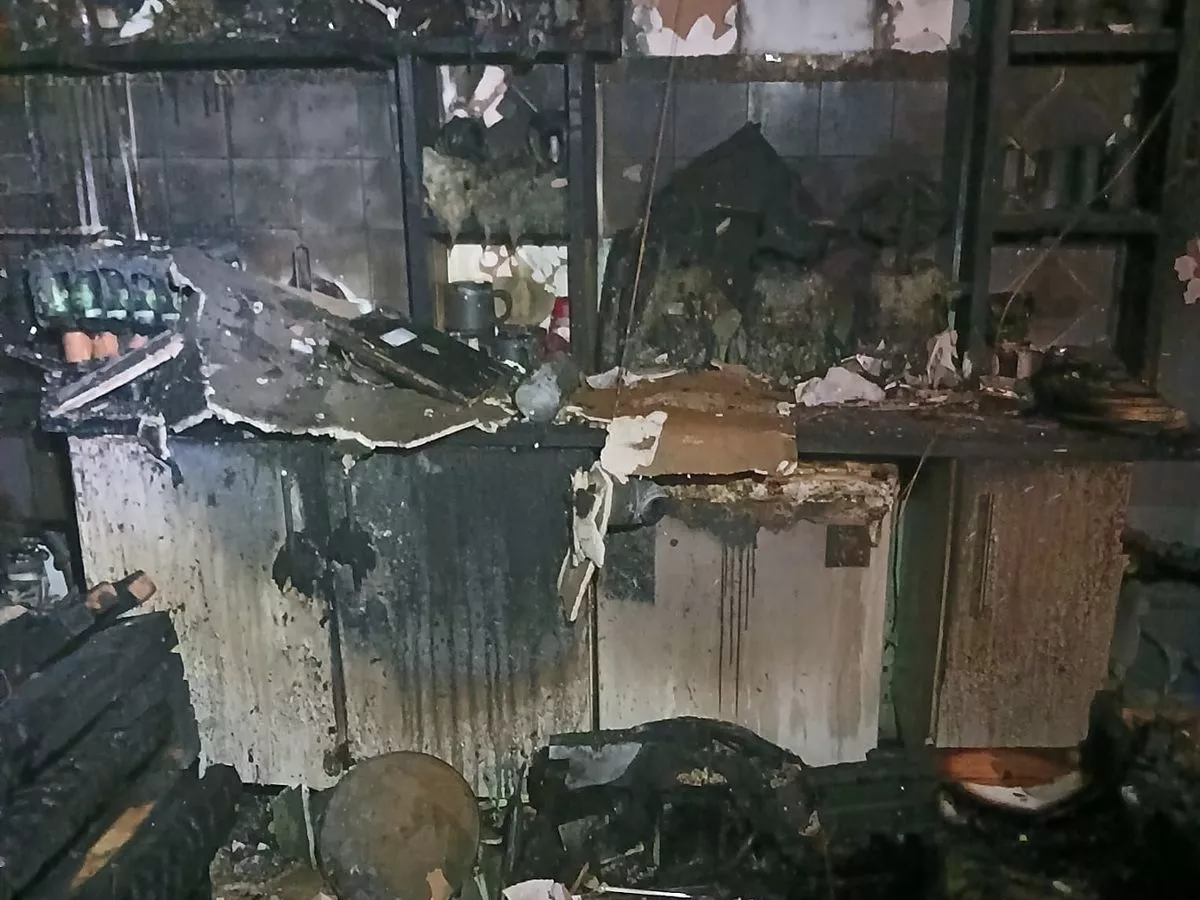Copyright modernghana

When Corruption Becomes the SystemIn the first part of this essay, we examined how kickbacks have quietly eroded Ghana's moral and economic foundations—how they steal from every project, inflate every budget, and undermine every dream of national progress. But the truth runs deeper and darker. Kickback is no longer just a vice committed by individuals; it has matured into a governance model. It has become the unofficial fiscal policy of the state—a system of theft so woven into the fabric of power that to challenge it is to threaten the whole structure. The story of Ghana's underdevelopment is therefore not the story of a few bad actors but of a nation that has institutionalized corruption as a method of operation. Kickback is not the rot in the tree—it is the tree. It has replaced accountability with connivance, transparency with secrecy, and patriotism with profit. Kickback as a Governance SystemWhat was once occasional bribery has evolved into the operating software of government. Every transaction—from ministries to municipal assemblies—runs on it. Contracts are deliberately inflated to accommodate hidden payments. Tenders are rigged to favor insiders. Shell companies are registered in relatives' names to receive subcontracts. “Monitoring services” are invented to justify more payments. Advance funds are released long before any work begins, and no one asks questions because everyone has eaten from the same pot. The corruption is systematic, not accidental. It operates through a network of front companies, political financiers, and compliant bureaucrats. It is self-reinforcing—politicians need the money to fund campaigns, contractors need the projects to stay in business, and civil servants need the silence to keep their jobs. The result is a closed loop of complicity. In this system, honesty becomes a form of subversion. A public officer who insists on due process is seen as an obstacle, not an asset. Kickback has become so normalized that refusing to participate can end a career. It is no longer corruption inside the system; it is the system itself. Breaking the ChainYet even in this moral darkness, reform is not impossible. Ghana can still be redeemed—but not by slogans, committees, or the periodic drama of anti-corruption “campaigns.” What the country needs is a revolution of law, technology, and conscience. To break the chain of kickbacks, we must rebuild the governance architecture itself. Radical TransparencyEvery contract must be transparent and visible to the public. Let there be no shadows where thieves can hide. Ghana must mandate open contracting—publishing every tender, bid, and award online in real-time. Citizens must be able to see who wins public contracts and for how much. Additionally, the law must require public disclosure of beneficial owners—the true individuals behind every company. Too many contracts are won by firms secretly owned by politicians, their spouses, or their associates. Sunlight is the best disinfectant. Digital TraceabilityCorruption thrives on cash because cash leaves no trail. Ghana must outlaw large cash transactions in public procurement. Every payment to a contractor must pass through verified e-platforms that can be tracked and audited. Technology must replace trust; digital systems must replace human discretion. Independent EnforcementAnti-corruption agencies must be strong, not ceremonial. The Office of the Special Prosecutor (OSP) and the Auditor-General must have full autonomy, secure tenure, and guaranteed funding. They must be empowered to investigate and prosecute all contracts above GH₵5 million within strict timelines. No political clearance, no sacred cows. The law must work for the people, not for the powerful. Civic MobilizationLaws alone cannot save a nation that has lost its conscience. Citizens must awaken from apathy. Whistleblowers must be protected, rewarded, and celebrated, not punished. Journalists and civil society organizations must be equipped to monitor, analyze, and expose inflated projects. More importantly, the fight must begin in the classroom. Schools must teach civic ethics, not as moral decoration but as a national necessity. Children should grow up knowing that stealing from the public purse is not "smart”—it is a form of treason. Political ReformAt the political level, campaign finance reform is indispensable. As long as elections remain financial wars, corruption will fund democracy. The constitution must also impose limits on new projects—no government should announce fresh initiatives until existing projects are audited and completed. Development should be continuous, not cyclical. Only when politics ceases to be a business venture will governance recover its conscience. The Moral ImperativeKickback is not merely an economic crime; it is a moral and spiritual crisis. It reveals a people who have lost their sense of stewardship—who see the nation not as a trust to be preserved but as a resource to be exploited. Ghana cannot pray its way to prosperity while stealing from itself. Every cedi stolen through kickback is a stolen classroom, a broken hospital bed, and a bridge that will one day collapse. Every diverted loan is a promise betrayed and a generation impoverished. The country is not poor—it is bled dry by greed. People who rob their own children of a future cannot call themselves blessed. Until we see corruption as a sin against the nation's soul, reform will remain a slogan. The moral imperative before us is clear: to make honesty once again the most profitable enterprise in Ghana. Conclusion: Kickback Is Killing GhanaKickback is not a footnote in Ghana's corruption story—it is the main chapter. It explains the potholes on newly built roads, the skeletons of uncompleted hospitals, and the debts we service for projects that never existed. It thrives in cash, hides in contracts, and flourishes in silence. If Ghana does not confront this monster with the urgency of war, it will consume everything we hold dear. Every loan we take will become another funeral for our future. Every “flagship project” will be another monument to deceit. The time has come to fight not corruption in the abstract but kickback as a culture. The war must be fought in policy, in classrooms, in boardrooms, and in the human conscience. Ghana must choose between moral resurrection and slow extinction. Kickback is killing Ghana—not slowly, but daily. And unless we act now, our children will inherit not a republic but a ruin dressed in slogans.



